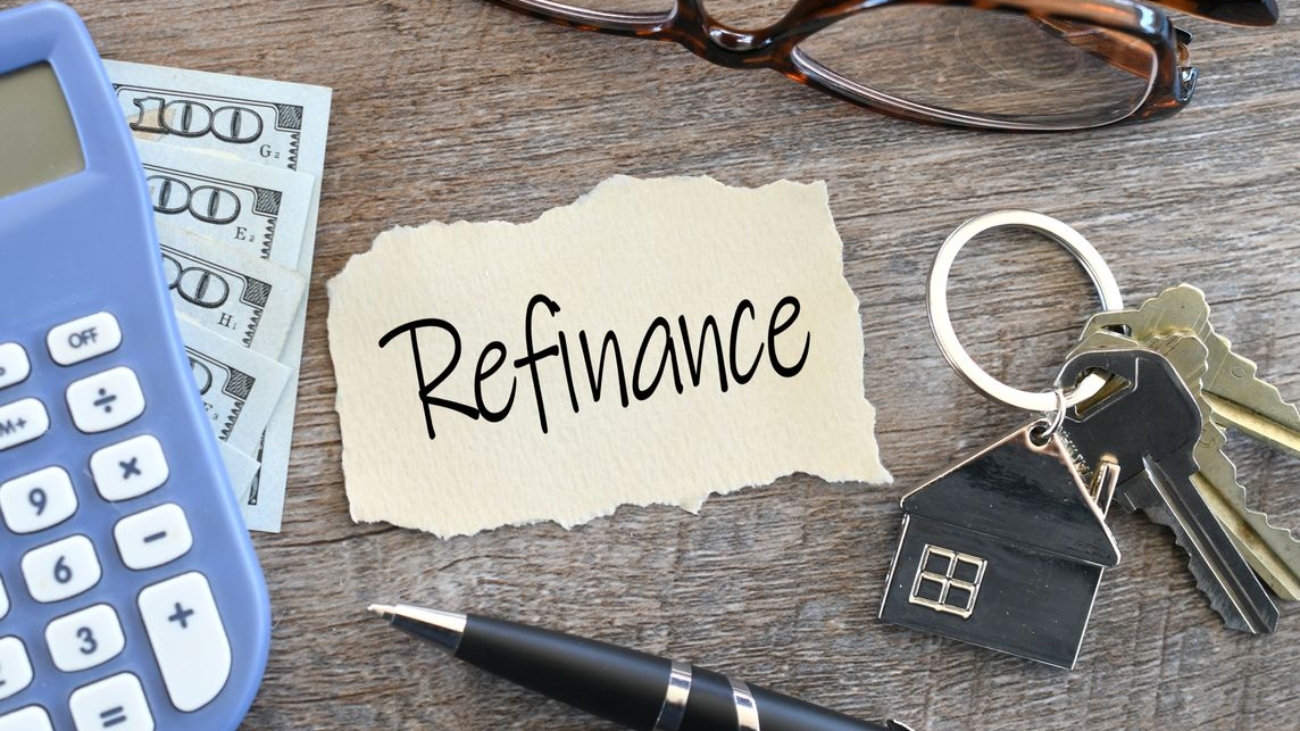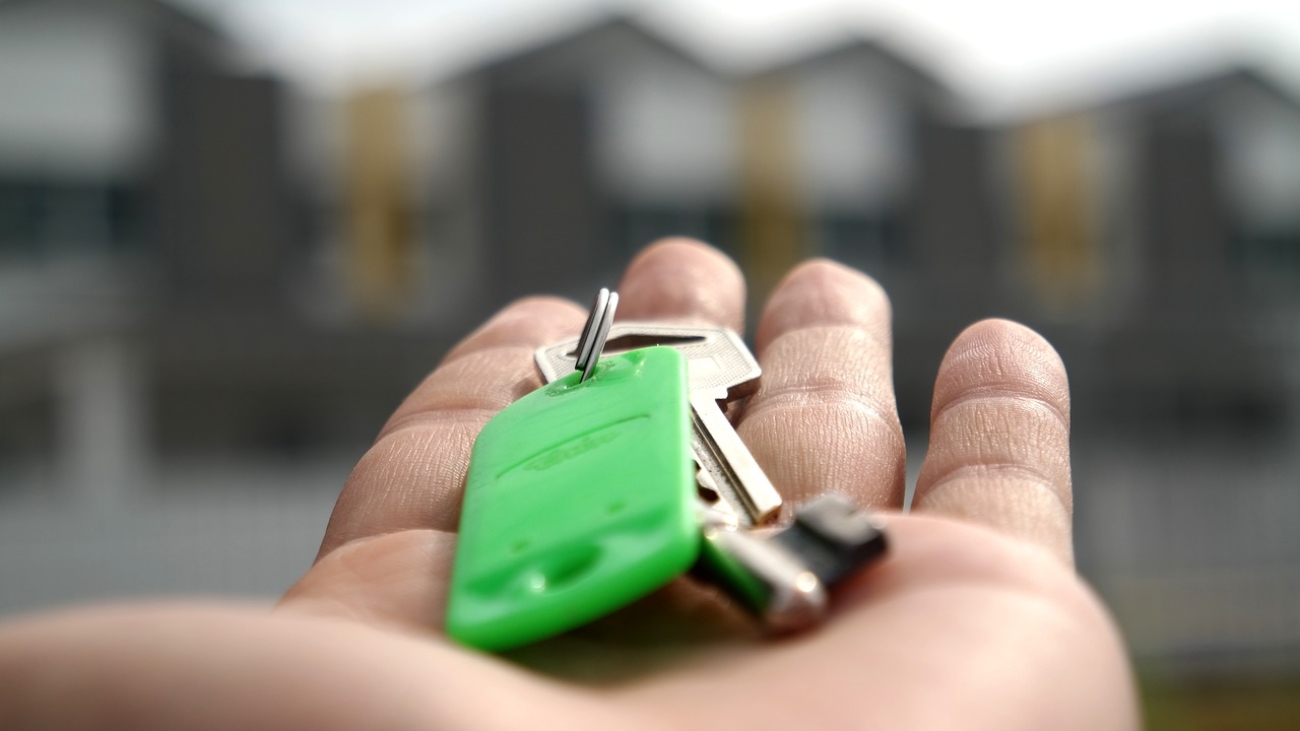First-time homebuyers should conduct their homework before making a final decision. Even if you seek advice from family, friends, and coworkers or read a few articles on the subject, you may still make some mistakes along the way.
In fact, 80 percent of first-time homebuyers say they’d rather do it all over again if they could.
This article will run you through some common mistakes first-time homebuyers make.
Not Looking beyond the Staging
This is common knowledge. It’s a common adage, especially among those who say they can see past the dated wallpaper to the house’s true capabilities. When prospective buyers begin to notice the difference between staged properties and their real-life counterparts, reality sets in.
In its most basic form, home staging is the process of decluttering and rearranging the furnishings of a property to make it more desirable to potential buyers. A staging business may redecorate the entire house after the seller has removed practically all of their possessions.
A huge concern is that this imagined manner of living and how we actually live in a home don’t match up very well. Stagers frequently remove items like coffeemakers and blenders off worktops to make them appear larger.
Some people may even go so far as to remove doors to make older homes appear more open and breezy. Stagers can also use tiny furniture to amplify the appearance of a place.
Getting Distracted
Shopping for a home with children may be a real challenge. Parents may cancel a scheduled showing to take their cranky toddler back to their apartment for a much-needed nap and relaxation.
Viewing houses with children might make you overlook important details. It can also lead to resigned behaviour, such as bidding and finally settling on homes out of desperation instead of waiting for the one that best meets your needs.
Trusting the Floor Plans
It is common for people to think that if a room is described as being 12 feet by 10 feet, it is the same size. As a rule of thumb, though, the measurements can get slightly inaccurate. Several faults can be introduced without the seller or their representative intending to mislead.
Not Looking into the Neighborhood
A factor often overlooked in home purchasing is your home’s neighbourhood. Before you buy, make sure you do your homework about the area. You may want to look into the following amenities you may need:
- Schools
- Community centres
- Daycares
- Coffee shops
- Take-out places
You may also need to look out for the quality of residents in the area, especially if you have a family and kids.
Not Asking for Comparables
If you are buying a property, it is best to list other comparable properties in the area. If you hire a real estate agent, they can also come up with this list for you.
A good realtor will gladly accommodate these requests and provide context for the sale prices. This will ensure you get the best option within the area and your budget.
Likewise, a mortgage specialist can help you find the best mortgage prices to purchase your home.
Conclusion
These common mistakes first-time homebuyers make can turn into costly lessons. While there is no surefire way to avoid mistakes as a first-time homebuyer, you can at least lessen the chances of these mistakes.
It helps to do some homework and hire a reliable real estate agent.
Are you looking for local mortgage brokers in Ottawa to help you purchase your new home? Ottawa Mortgage Services helps first-time homebuyers, self-employed individuals, and commercial clients secure the properties they need.










